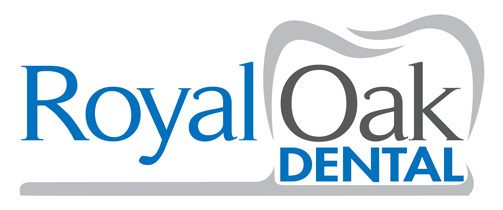What is a Dental Hygienist?
Dental hygienists are dental experts who work intimately with different individuals from the dental group, for example, dental specialists, dental collaborators, and front work area staff. Auckland Dentists are most known for their clinical work, however, they can likewise serve in a few different jobs, for example, instructor, specialist, head/administrator and promoter. Some dental hygienists work their whole professions clinically, while others may begin their vocation by working clinically for quite a long while before moving to an alternate job of their decision. Despite their ideal job, every single dental hygienist must finish a dental cleanliness program before they can wind up confirmed to work with patients.
To what extent does it ordinarily take to finish a dental cleanliness program?
The length of a dental cleanliness program fluctuates by the foundation. Procuring an Associate of Science in Dental Hygiene regularly takes two years while acquiring a Bachelor of Science in Dental Hygiene ordinarily takes four years. Numerous foundations additionally expect understudies to satisfy a few requirements before they can start the dental cleanliness program. Many universities offer a Bachelor of Science in Dental Hygiene for three years without any requirements for the program section.
Toward the pursuing of a dental cleanliness program, graduates should effectively finish a progression of licensure tests for the state they work in. The tests required for licensure in dentistry in New Zealand include:
What does a dental hygienist do?
The scope of administrations that dental hygienists can perform fluctuates in each state. In Minnesota, dental hygienists can perform numerous administrations under general supervision, which means the dental specialist must give his or her assent for the administrations to be performed. This gives dental hygienists a specific level of opportunity while treating patients. Clinical dental hygienists regularly have a lot of adaptability in making their very own timetable. A few hygienists work three days seven days, while others work five days seven days. A run of the mill calendar comprises of six to ten patients for each day, contingent upon the age of the patient and the procedure being performed.
Four of the abilities you will act as a dental hygienist:
- Perform and decipher dental x-beams:
Dental hygienists frequently take x-beams (also called radiographs) to accumulate data for a dental test. Although these dental hygienists are not authorized to make an official analysis, dental specialists acknowledge when dental hygienists abridge their discoveries of potential territories of rot, periodontal bone dimensions and different antiquities preceding the dental test.
- Perform oral malignant growth screenings:
Oral germs growth showings ought to be finished as a piece of each appraisal. While dental hygienists can’t determine a patient to have oral malignant growth, they can illuminate the dental specialist’s proposal for treatment or recommend that the patient alludes to a pathologist or oral specialist for further assessment.
- Perform safeguard and non-careful periodontal (gum method) methods:
Dental hygienists centre around anticipation. A noteworthy piece of dental avoidance is getting normal dental cleanings. Protection dental cleanings incorporate kid prophylaxis and grown-up prophylaxis, which are intensive cleanings intended to expel plaque and stains from the teeth. Dental hygienists can likewise give different sorts of “dental cleanings” that fall under the precaution or non-careful classifications, for example, scaling and root planning. The dental hygienist will play out an underlying appraisal of the patient’s present oral condition to decide the kind of cleaning that is essential.
- Give nearby analgesic infusions:
The procedure of dental hygienists in New Zealand can manage nearby sedative to their patients to keep them open to during specific methods, for example, scaling or root planning. Now and again, dental hygienists additionally regulate neighbourhood sedatives when a patient is experiencing a filling or tooth extraction. Dental hygienists are a significant piece of the dental group. In a clinical job, they help the dental specialist in playing out a wide range of dental methodology to guarantee a patient’s oral wellbeing. Dental hygienists additionally help survey a patient’s oral condition and give essential treatment. As a dental hygienist, you will ace a wide range of abilities, all of which will enable you to give excellent dental consideration to your patients.


